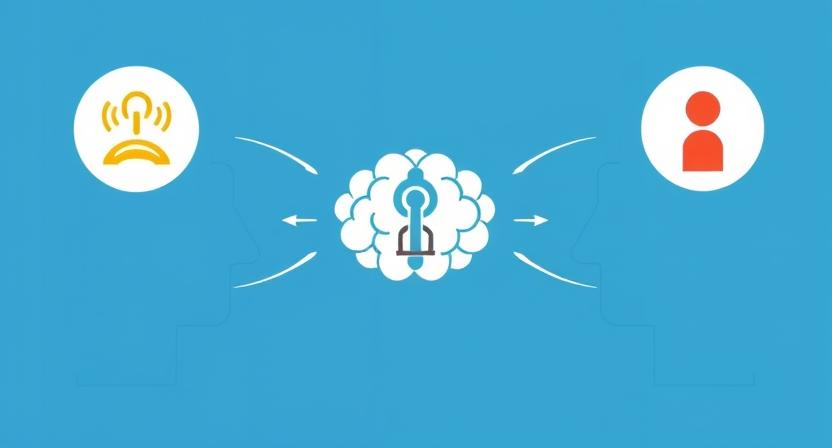When we think of business skills, we often focus on numbers: finance, marketing, strategy. But in the real world, emotional intelligence (EQ) can be the difference between a good entrepreneur and a great one.
Emotional intelligence is the ability to understand, manage, and respond to emotions—both your own and others’. In business, this shows up everywhere: handling customer complaints, managing teams, negotiating deals, or even coping with failure.
For example, an entrepreneur with high EQ can stay calm during a crisis, empathize with a frustrated client, or motivate a tired team. These “soft skills” often translate into hard results: better retention, stronger relationships, and more trust.
EQ includes five key elements: self-awareness, self-regulation, motivation, empathy, and social skills. Developing these can make you a better leader and business owner. And the best part? EQ isn’t fixed. You can improve it with practice.
Start by reflecting daily—what emotions came up during your work? How did you handle them? Practice active listening during meetings. Read emotional cues, not just spoken words. And when giving feedback, be constructive, not critical.
In a world full of automation and AI, human connection is still your edge. Emotional intelligence makes you more than just a boss—it makes you someone others want to work with.






